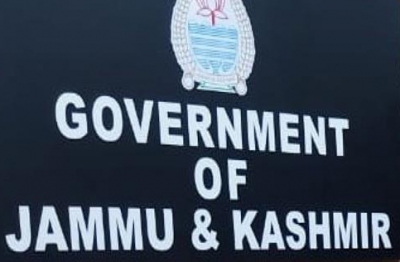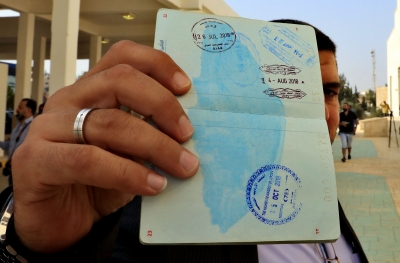 Jammu, Feb 3 (IANS) The Jammu and Kashmir government has announced a pioneering project envisaging total transformation in the landscape of medicinal and aromatic plants (MAPs) cultivation in the Union Territory, officials said on Friday.
Jammu, Feb 3 (IANS) The Jammu and Kashmir government has announced a pioneering project envisaging total transformation in the landscape of medicinal and aromatic plants (MAPs) cultivation in the Union Territory, officials said on Friday.
With a budget of Rs 62 crore, this five-year project aims at to cultivate MAPs on 5000 kanals of land spread across 28 clusters, creating over 3,000 jobs and 28 enterprises.
The MAP sector is estimated to contribute about Rs 75 crore every year after five years, which is expected to rise to over Rs 783 crore by 2037.
This ambitious project marks a significant transition from traditional, wild extraction based practices to a a more sustainable, modern approach to MAP cultivation, conservation and entrepreneurship.
The mission of this project is to achieve commercial production of MAPs outside the forests, promote organic farming, develop local and international markets besides boosting advance scientific knowledge through insightful research.
The initiative also aims to promote cultivation and conservation of MAPs, promote organic farming and standardisation, provide special facilities for primary processing, preserve intellectual property rights, educate cultivators on the best practices and undertake research to develop new herbal formulations and drugs.
“There are a number of MAPs that are unique to our agro-climate and offer immense potential for employment and exports. The demand for herbal drugs and cosmetics is growing both domestically and internationally while MAPs extracted from forests put pressure on biodiversity besides pushing many plant species on the verge of extinction” said Atal Dulloo, Additional Chief Secretary, APD.
“J&K has 129 hectare of cultivatable wasteland, of which only 2 per cent shall be used for MAP cultivation. Additionally, farmers who adopt MAP cultivation can expect to see 30-40 per cent increase in their agricultural income,” he added.
–IANS
zi/arm










